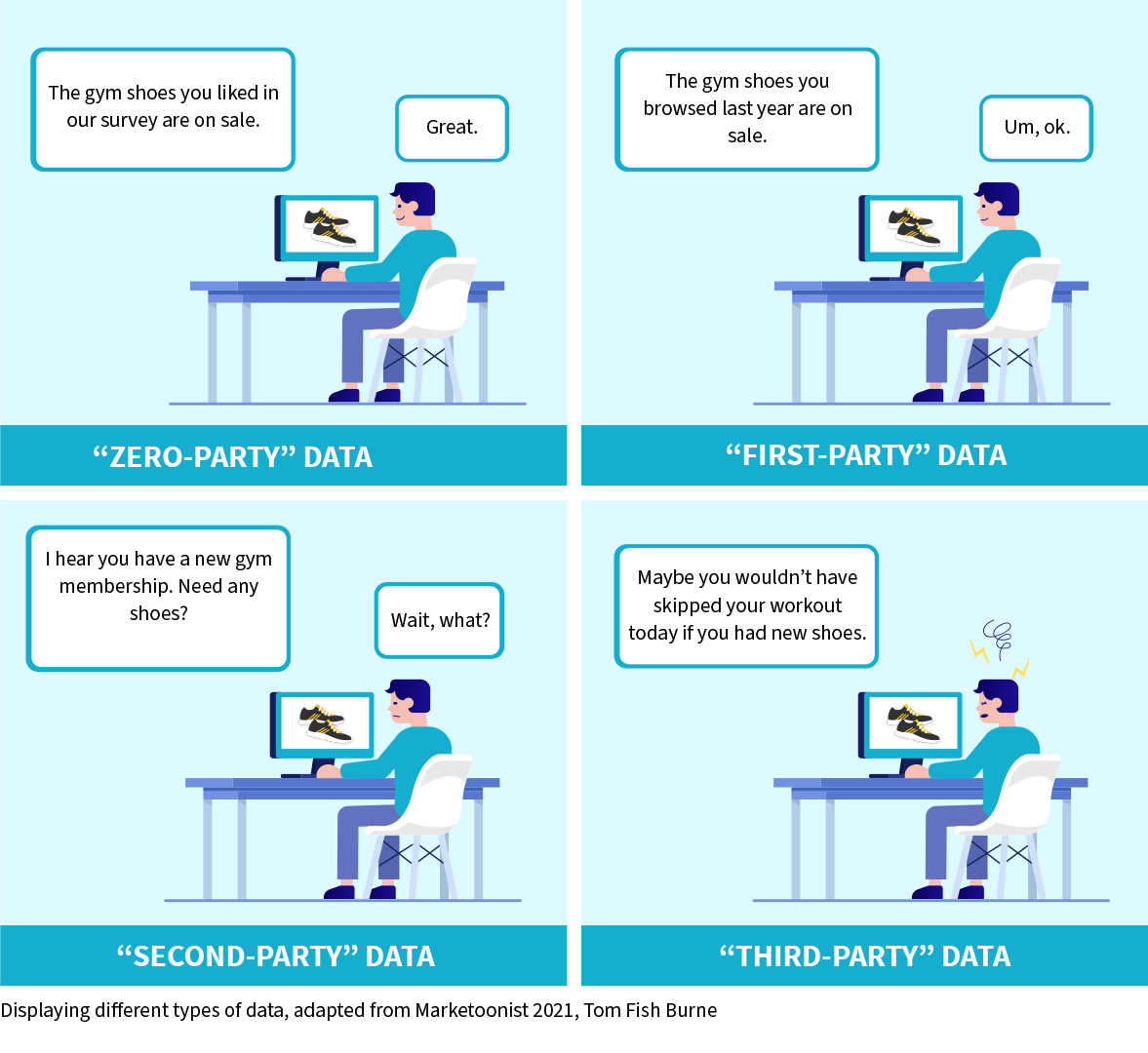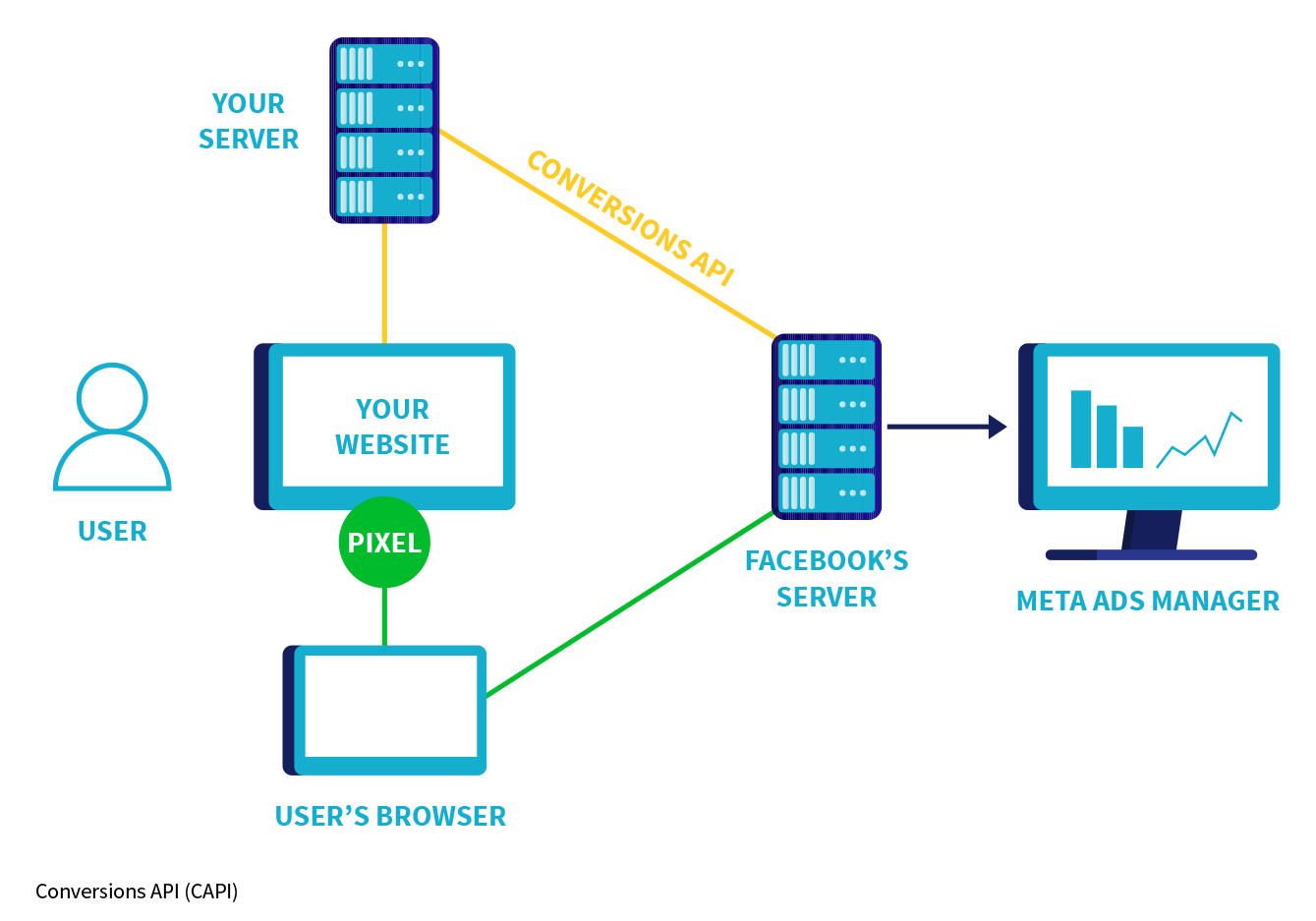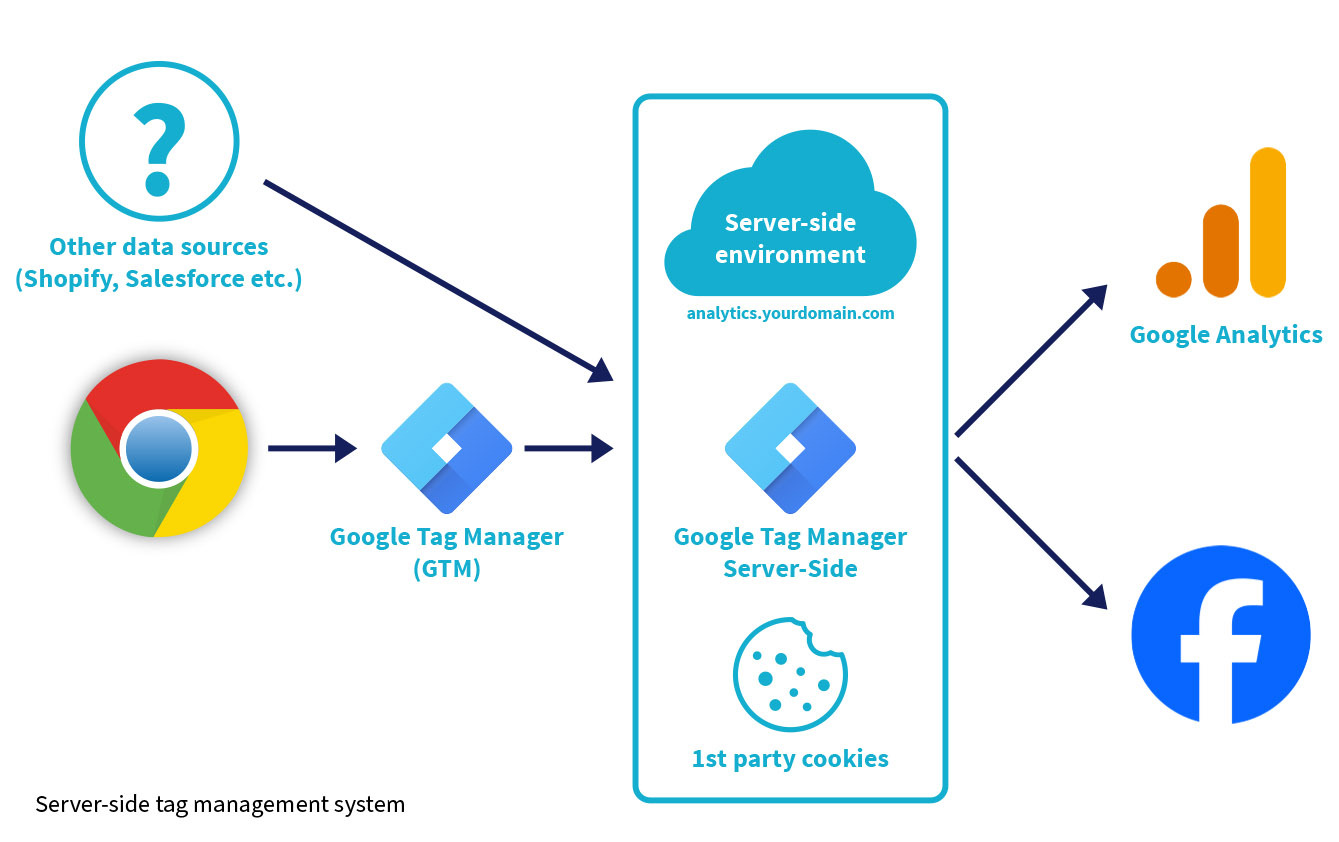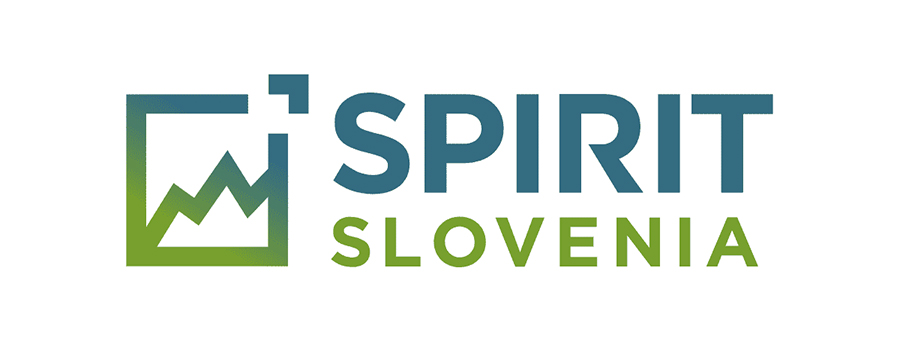When Google announces an algorithm update or a technical change, the only people eagerly awaiting them are those working in digital advertising.
But when the world’s most popular browser announced the cancellation of third-party cookies, everyone reacted to the news.
The general public greeted the decision with thunderous applause, as it has been known for a long time that the collection of third-party cookies means a high level of invasiveness in the user’s personal data.
Companies that get a good share of their business from advertising on Google have started to think about where to reallocate their advertising budgets.
First-party data is of considerably higher quality and is more comprehensive compared to the data collected by means of third-party cookies. Thus it allows for better targeting and advertising budget optimization (spending money where it brings the best results).
At Optiweb, we had started leveraging the potential of first-party cookies even before discussions about the cookieless era began.
We are aware that the future of advertising will rely on first-party data, regardless of when Google’s changes actually take effect. In addition to all the previously stated advantages, collecting first-party cookies also represents a more user-friendly and safer way of collecting data.
So, read our tips and prepare yourself as best as possible for this revolution (which actually should not be named so, since many browsers – including Safari and Firefox – have already said goodbye to third-party data) and which of the “alternatives” we recommend based on your needs.








